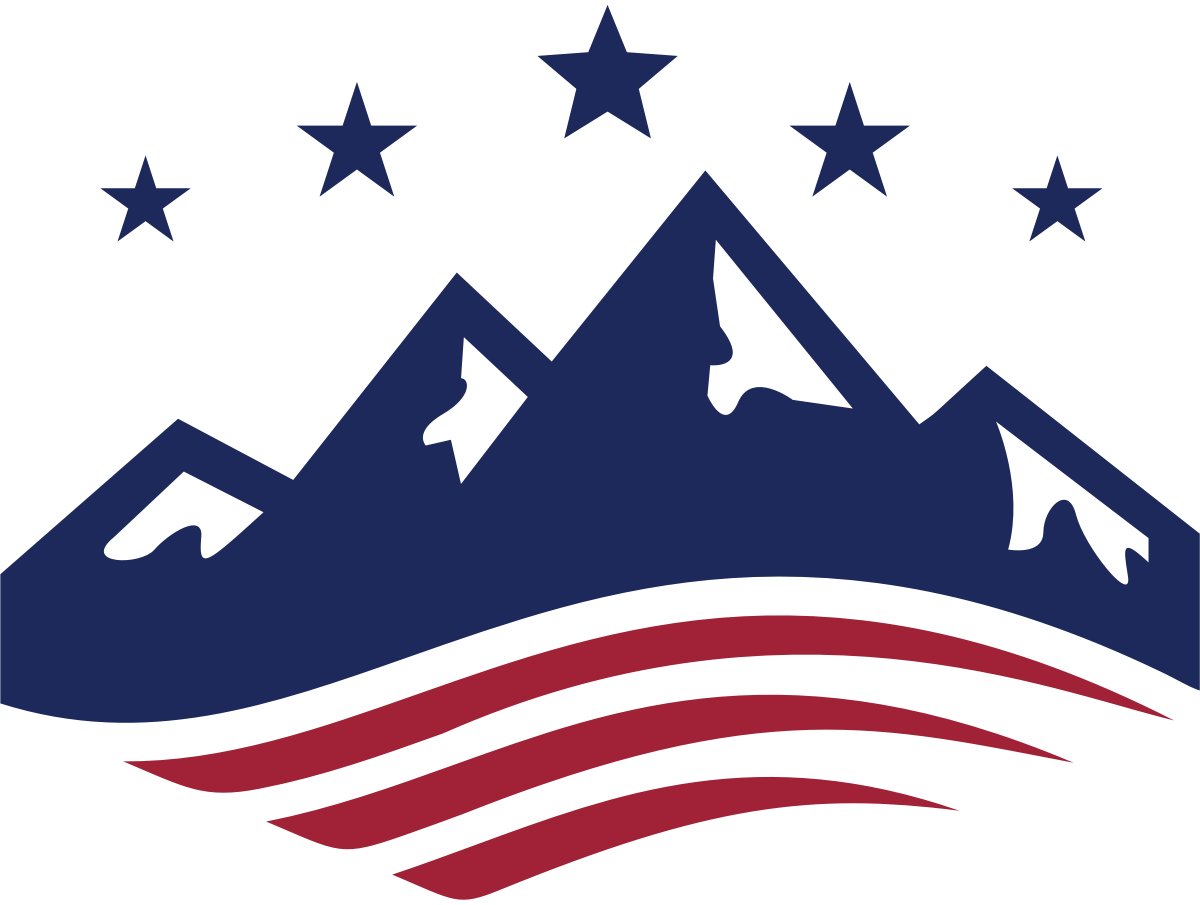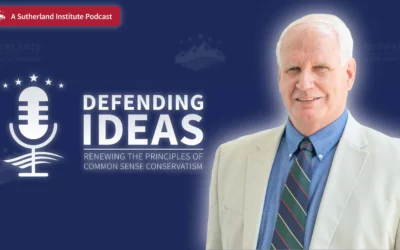
Written by Christine Cooke Fairbanks
September 7, 2023

This past week, Sutherland Institute wrapped up its annual Congressional Series, hosting an event with Rep. Burgess Owens. Like many others in the national spotlight right now – including presidential candidates – Owens hit increasingly popular notes about choice, flexibility, and the parent’s role in influencing education.
His remarks at the Congressional Series event and during a recent Defending Ideas podcast episode also discussed viewing education in similar terms to the free market. Free markets include specific elements like freedom of choice, supply and demand, and limited government intervention, but Owens’ remarks on free markets specifically focused on the freedom of choice.
Owens said that in a free market, we “decide if it’s worth the price, if it’s convenient for us, if it gives us a good feeling,” applying it specifically to the mounting issues surrounding higher education.
Owens went further in his Defending Ideas episode, explaining that in many aspects of American life freedom of choice is the norm:
We are a nation of options, of choices, of free market. Everything we do, every time we stop at fast food, or pick up a shirt, stay in a hotel, all those options that are on our plate based on the quality, the convenience or the cost, those kinds of things all factor in. Education should not be outside of that lane. It should be about free market and finding out the best way to get the best product.
Aside from private and public school choices, which are growing, we should consider other elements in education that parents or students may value – and therefore choose or buy.
We should embrace public policies or cultural shifts that push education to become a type of marketplace of choices – based on our unique rubric of needs and wants. And likewise, supply will likely start to match our demands.
Public policies that help increase freedom of choice
Owens spoke about legislation that would allow students to use 529 account funds on certification programs and skills training in addition to traditional options like college, university or vocational schools. In this way, students can decide based on the options available what education holds the most economic or personal value for them. (Because the Internal Revenue Code, which impacts 529 plans, is federal policy, it is a means by which Congressional members can increase flexibility and choice in education.)
Even something like the increasing trend toward a four-day school week creates choice. In Utah, 23 schools now offer a four-day school week. Most of these are in rural areas where a shortened week meets the unique needs of the region. But this growing trend may spark interest from other regions who might also like, or even demand, the choice at some point. New options may create momentum for more.
Cultural shifts that increase freedom of choice
The rise of artificial intelligence (AI) is hard to ignore, including its risks and potential for all parts of our culture. Education is rife with opportunities for innovation due to AI.
Home-schooling parents are already using AI as one resource among many to help them provide a personalized education to their children at home. In fact, new data shows that 44% of homeschooling parents already use ChatGPT, as opposed to 34% of classroom teachers.
That does not mean that public schools are unaware. AI’s obvious potential to change our culture has prompted districts and states to consider policies to navigate and implement AI in the classroom in useful ways. It can help teachers prep for class, offer students tutoring, or help with grading. The myriad ways AI could shape education may produce increased options within our public school system.
Public policy and culture are shifting with the increased interest in new education choices. If we want, we can harness that change to shift our thinking about education more broadly. Done right, we may feel it is second nature to treat education like many other aspects of our lives: a marketplace of options from which we are empowered to choose.

Insights: analysis, research, and informed commentary from Sutherland experts. For elected officials and public policy professionals.

- Americans are accustomed to choosing from among options in many aspects of life; education ought to be one of them.
- We should embrace new public policies and cultural shifts that increase unique choices so we can create a marketplace in education.
Read More
Protecting property rights against government overreach
While governments can continue to regulate land use, these regulations and fees must be justified by a government interest and proportional to the effect of the development’s impact on that interest.
Do we need to care about the Utah State Board of Education?
For any Utah voters who also feel like K-12 public education is headed in the wrong direction, learning about the candidates running for a seat on the Utah State Board of Education (USBE) is a wise choice this election season.
Defending education choice the right way
Education choice has exploded in popularity across the nation in recent years. So why does it remain a contentious point of debate in some parts of the country?


